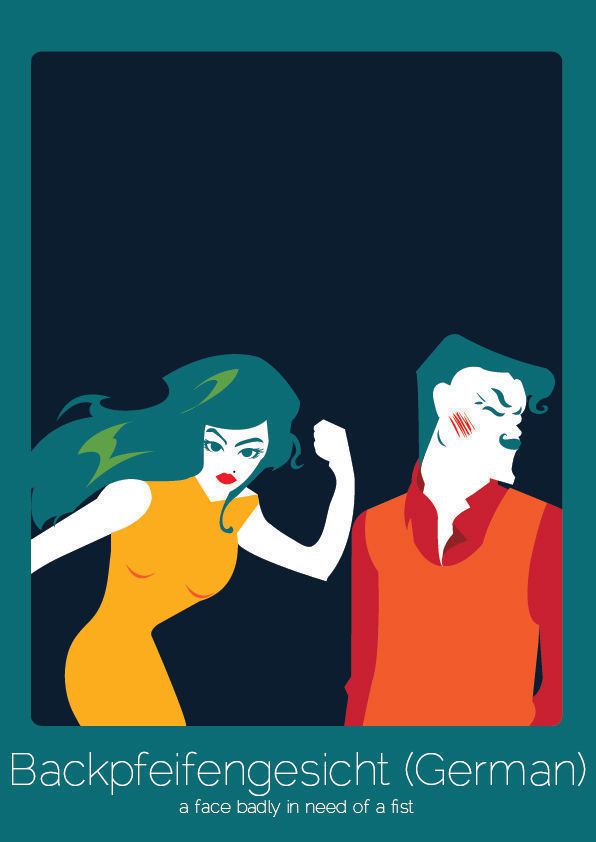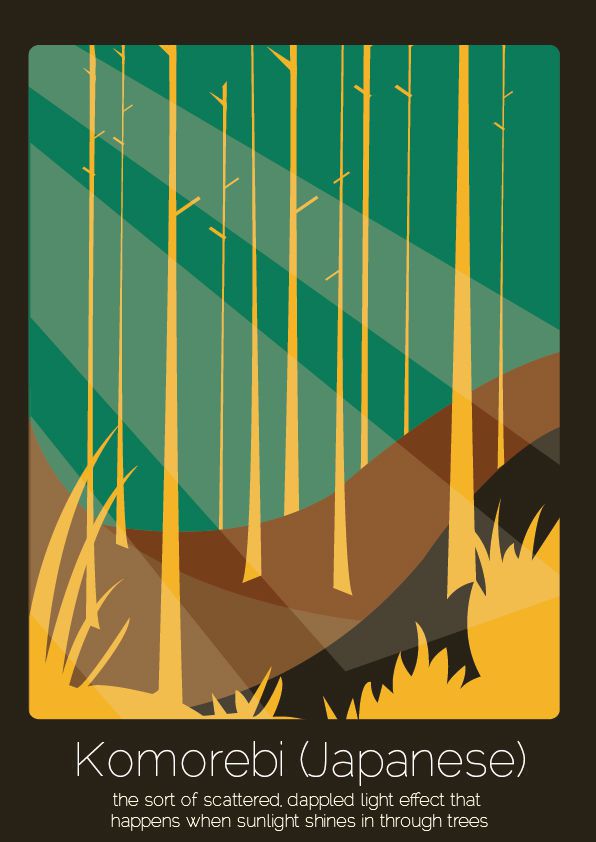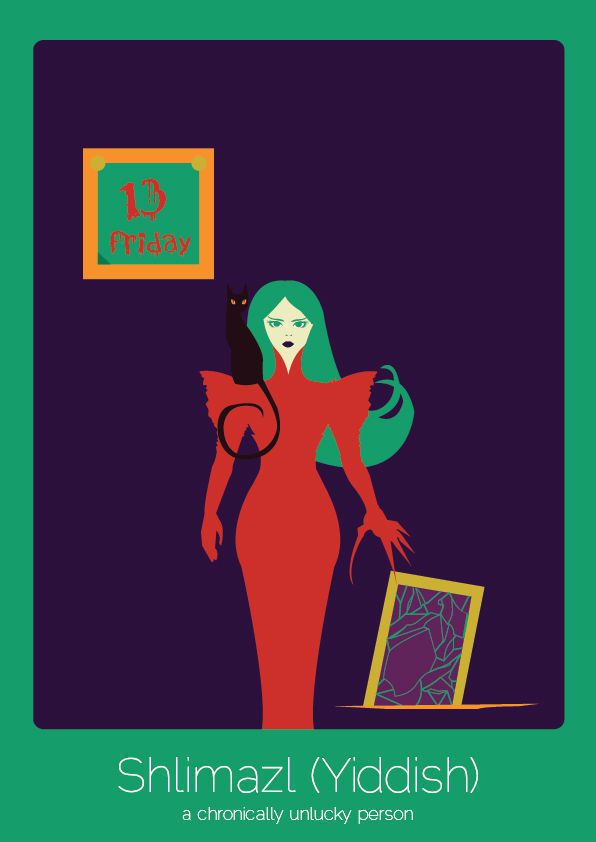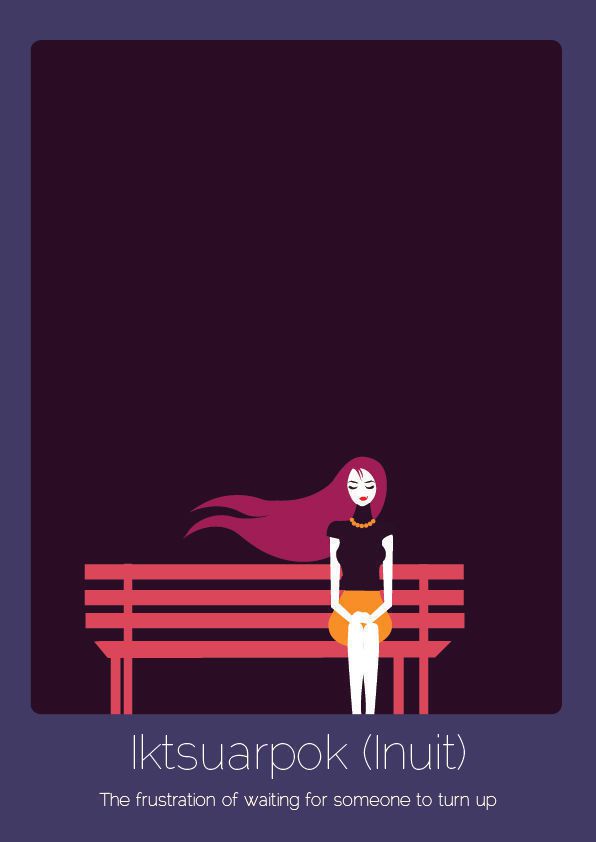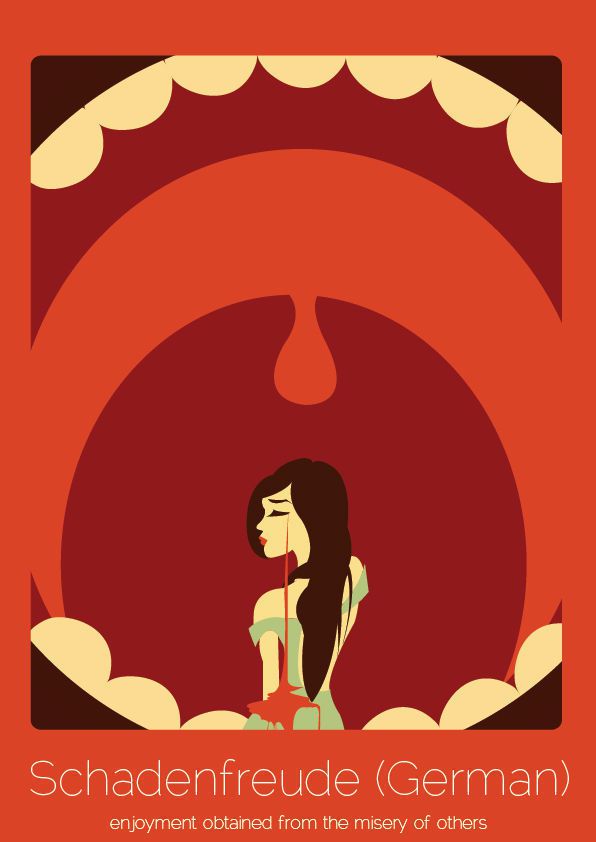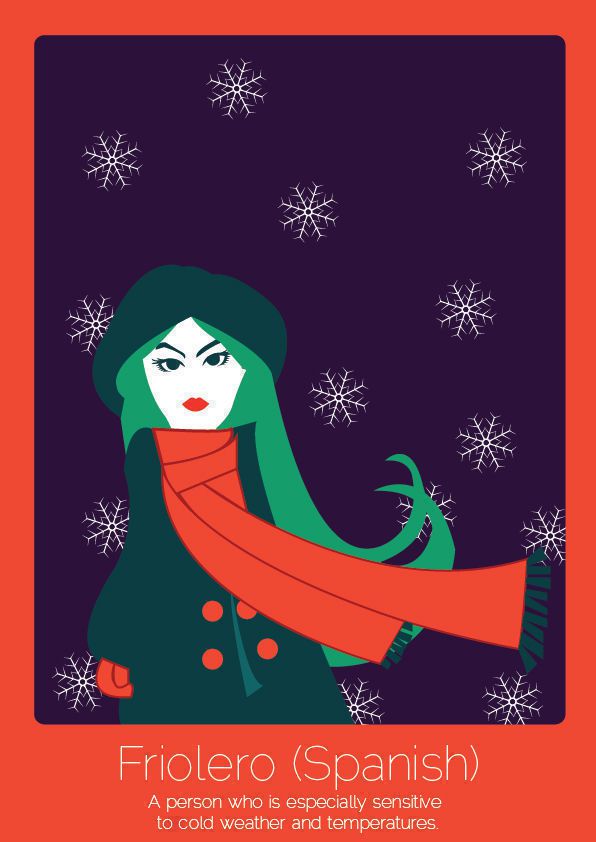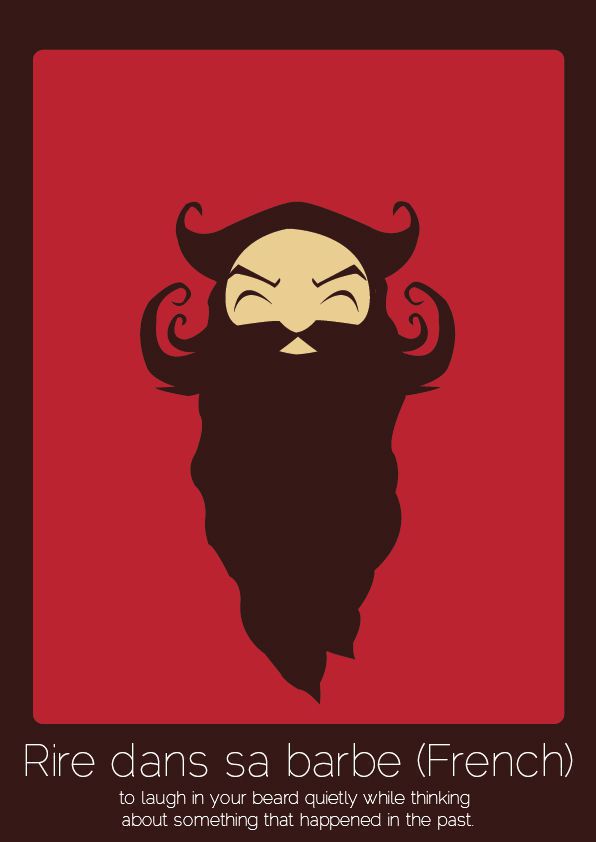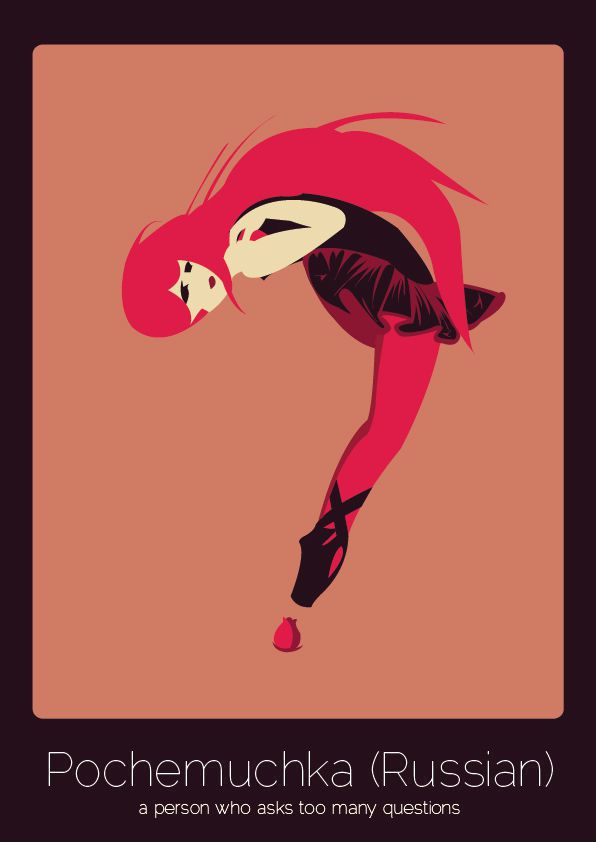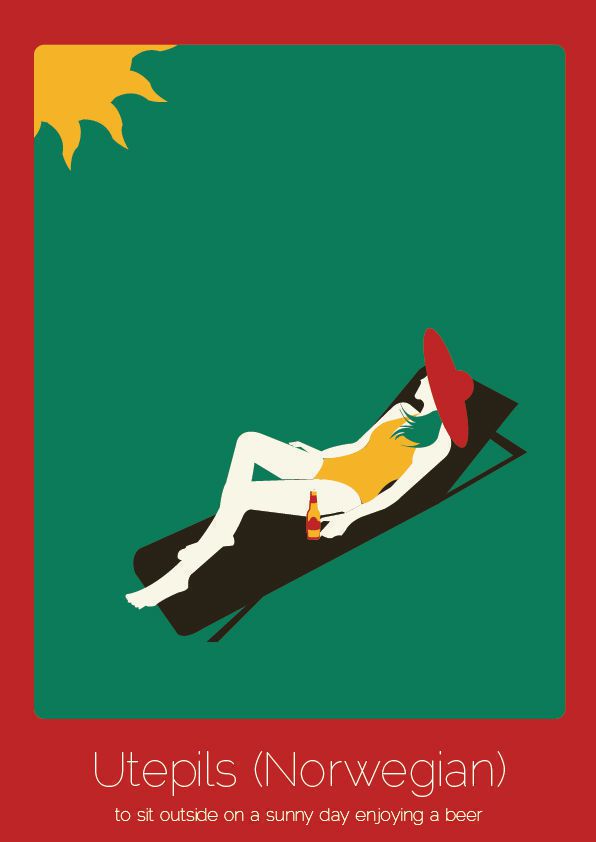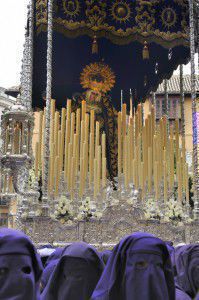10 sport stars who speak other languages
 It can often feel like life is all about sport, whether we like it or not. But have you ever wondered how good sports stars are at languages?
It can often feel like life is all about sport, whether we like it or not. But have you ever wondered how good sports stars are at languages?
It turns out, pretty good. Like anyone who has to travel a lot for their work, athletes often find knowing only their native language isn’t enough. Here are 10 great examples of sports stars who speak more than one language.
Gary Lineker
Besides English, the former footballer learnt Spanish while he was playing for Barcelona, and picked up some Japanese when he later moved to Nagoya Grampus Eight. He’s now a passionate ambassador for languages in schools, saying in an interview with TES last year, ‘the learning of languages, for me, will always be helpful for the vast majority at some stage in their life’.
Roger Federer
Not content with winning a frankly quite ridiculous 17 Grand Slam titles, the Swiss tennis player also speaks four languages fluently – his native Swiss German along with French, English and German. He’s known for his ability to switch effortlessly between languages in interviews and press conferences and can quite comfortably answer journalists’ questions in their own language, a feat some of his fellow tennis players can’t keep up with. Wouldn’t be the first time.
Tom Daley
The British diver recently got an A in his Spanish A-level (congrats, Tom!), and makes good use of his language skills when in Mexico, where he spends a lot of his time. Here’s a video of him showing off his Spanish.
Jonny Wilkinson
Here in England, Jonny Wilkinson is known (at least by me) as that guy who’s pretty good at drop goals. But he’s also a bit of a superstar in France, where he’s been playing for Toulon since 2009. He’s now fluent in French and was awarded honorary citizenship of Toulon earlier this week – giving his acceptance speech in the local language, of course.
Fernando Alonso
The Spanish Formula One racing driver speaks an impressive four languages – Spanish, Italian, English and French. And in case that’s not enough, he’s apparently working on Russian too.
Arsene Wenger
The Arsenal manager is well known for his interest in languages, speaking French, English, German, Spanish, Italian and Japanese. Like Gary Lineker, Wenger’s also known as an ambassador for languages, and last year he was voted Britain’s first Public Language Champion by readers of The Guardian. In this video he explains why languages are so important.
Novak Djokovic
Never one to let Roger take all the glory, fellow tennis champion Novak Djokovic speaks five languages – Serbian, English, German, Italian and French. He studied English and German at primary school, and learned Italian when he worked with coach Riccardo Piati. In an interview with Tennis Talk in 2013, he said, ‘We have a saying in our country: The more languages you know, the more is your worth as a person. I like to understand what people are saying wherever I am, at least to pick up a few phrases of those languages.’
Paula Radcliffe
Long-distance runner Paula Radcliffe has a first-class degree from Loughborough University in European Studies, and speaks French and German fluently. She now lives in Monaco with her husband and two children, who are both bilingual, attending a French school but also fluent in English.
Cesc Fabregas
Another Barcelona footballer, Fabregas speaks four languages – Spanish, Catalan, English and French, and his Twitter feed is multilingual. When asked about his language skills in 2005, he replied, ‘These days you have to keep studying, not least because my mum tells me so.’ Words to live by.
Daniela Hantuchova
And finally, another tennis player, because tennis is my favourite. Daniela Hantuchova, from Slovakia, is by all accounts a very talented lady. Besides her tennis career, she’s also a trained classical pianist, and speaks – wait for it – six languages: Slovak, Czech, English and German fluently, and some Croatian and Italian.
Does anyone else feel like a bit of an underachiever now, or is it just me?
If you know any other examples of sports stars who speak other languages, please tell us about them in the comments.
Found in translation – untranslatable words, in pictures
If you liked our recent infographic on words that don’t exist in English, you’ll love this. New Zealand-based designer Anjana Iyer has been working on a project called Found in Translation, illustrating 41 ‘untranslatable’ words so far, with more to come.
We asked Anjana about the background to her project, and where she gets her ideas from. Here’s what she had to say…
What’s the 100 Days Project all about? How did you get involved?
The 100 Days project is basically choosing one creative exercise, and then repeating it every day for 100 days. It was started three years ago by Emma Rogan, who is quite a renowned senior designer in New Zealand. I came across this through one of the creative meetups happening in Auckland every week, and I decided to participate to improve my illustration skills.
What made you choose untranslatable words for your subject?
I wanted my 100 Days project to be something compelling enough to do every single day. I have had a fascination with learning new languages for the longest time and I just happened to come across this article about 14 words with no English equivalent on The Week. I knew I wanted to base my project around illustrations, since I have only been illustrating for the past two years and I still have a very long way to go, and this was a perfect medium to improve my skills.
This project was started last year as a part of the 100 Days project but I had to drop it after Day 41 due to some professional and personal commitments. It’s suddenly been brought to spotlight because of my friend who recommended me to DesignTaxi and it went viral from there. And with the growing response that it’s gotten, I have restarted the series to include more illustrations.
How did you choose which words to illustrate?
Well, when I first came across these words, I could think of one friend or another when it came to certain words. For example, the Yiddish word Shlimazl (which means a chronically unlucky person), reminded me of a classmate who had the worst luck with our professors. And so I picked words which we could all relate to in way or another and maybe share a laugh or two.
Do you have a favourite so far?
Iktsuarpok has a been a favourite word, simply cause it holds so much meaning. It’s waiting, whether you are waiting for the bus to show up or for the love of your life. It perfectly describes that inner anguish. From the point of view of illustration, I am very happy with how Schadenfreude turned out. That was fun to illustrate.
What’s your background as a designer?
I am a media designer with three years of experience. I love illustration and web design in equal measure. I quit engineering to become a designer. When it comes to illustrations, I love doing mostly vector work. Currently I am in the final year of my studies as a web design student.
Do you speak any languages yourself?
Well, being from India, I think we are born to speak several languages. I do speak about five Indian languages and I have a working understanding of French.
Can you give us a sneak preview of any forthcoming illustrations?
It’s quite surprising how some words can really unite people. The Portuguese word Saudade is such a popular one. I have lost count of the number of people who have requested an illustration of said word. And I am looking forward to completing that one.
To see some of her other illustrations, check out Anjana’s website.
Thanks to Anjana for talking to us; we’re looking forward to seeing more of her brilliant work!
Do you have any favourites? Or any words you’d like to see illustrated? Let us know in the comments.
What’s so good about Eurovision?
This Saturday is the final of the Eurovision Song Contest 2014 in Denmark, with 125 million people expected to watch across Europe and beyond. The contest, now in its 59th year, has become known for its wacky performances and tends to divide opinion; while some people love it (although maybe not as much as this man), others claim to find it tacky. But I think most people can agree that whether you take it seriously or not, Eurovision is good fun. (Even if sometimes you need a drink or two to help you through it.) Here are our ten favourite things about Eurovision:
1. Russian Grannies
I had to put this first because it was one of my favourite ever Eurovision moments. The song on its own is fairly forgettable, but what made it amazing was the elderly ladies who managed to incorporate baking into their performance at the 2012 contest. I’m still not sure what it had to do with a Party for Everybody, but it was brilliant, and I’m still disappointed that it didn’t win.
2. Riverdance
The Irish dance act were first discovered when they performed during the interval of the Eurovision Song Contest in 1994. Known for its amazing synchronicity, energy and rhythm, Riverdance went on to become a worldwide phenomenon. So if you’re not a fan, now you know who to blame.
3. Romanian rivalries
In the UK, it’s not seen as very ‘cool’ to enjoy Eurovision, but some other countries take it incredibly seriously. In Romania, for example, it’s a really big deal and apparently it’s traditional for the acts to try and win a place by discrediting their opponents.
4. The voting
How could I not mention the political voting? Half the fun of Eurovision is predicting who’s going to give points to who. Greece and Cyprus usually vote for each other, as do the Scandinavian countries and the Balkans. If that sort of thing interests you, this is a useful summary. Unfortunately, the political voting tends to leave the UK in a precarious position; we often get votes from Ireland, and sometimes Malta, but not very often from anyone else…
5. The UK
While we’re on the subject, let’s take a look at the UK’s Eurovision record. It’s hard to believe looking at recent history, but apparently it’s one of the most successful countries, winning five times since our first appearance in 1957. The last win was in 1997, with Katrina and the Waves, and since then we’ve not been doing so well, finishing last three times. The first of these was in 2003, when we scored an embarrassing ‘nul points’. Apparently this year’s entry, Children of the Universe, by singer-songwriter Molly, is expected to do well. I’ll believe it when I see it.
6. ABBA
It’s not often that a Eurovision act goes on to have a successful long term career, but one exception is Swedish group ABBA. Not only did they win the contest for Sweden in 1974, they went on to sell over 380 million albums worldwide. Their music also featured in the hit film Muriel’s Wedding and the award-winning musical, Mamma Mia! (And the movie version, which introduced the world to the singing ‘talents’ of Pierce Brosnan.)
7. Alcohol is Free
Regardless of your views on drinking, it’s hard not to tap your foot along to Alcohol is Free, by Koza Mostra and Agathonas Iakovidis, a.k.a. the Greek answer to Madness. They finished sixth in 2013.
8. Finland
We love Finland; they always come up with something memorable. Last year was the catchy Marry Me, which ended with that kiss, but nothing beats 2006 entry Hard Rock Hallelujah, by Lordi. Eurovision isn’t known for its heavy metal, preferring to stick to happy songs about how we should all love each other. But the alternative approach seemed to do the trick; the band won that year’s contest.
Warning: this video contains flashing lights and monster masks!
9. Language rules
Eurovision used to have a very strict rule about countries only singing in their native language, which has been lifted and restored a few times over the years. These days, many of the competing countries choose to perform in English, but some remain loyal to their own language; France and Spain are two examples. When I was growing up, there were more songs in other languages than there are today, and we used to enjoy turning on the subtitles and watching them struggle to translate the lyrics. Songs in English have won 28 times, followed by French, with 14 wins.
10. Fairytale
This was a popular choice in the EuroTalk office. Every now and again, Eurovision does actually produce a good song, and Fairytale was the one that we all thought of. The Norwegian entry for 2009 featured violinist Alexander Rybak, and won with a record-breaking 387 points out of a possible 492. For some reason, Alexander and his dancers were also a bit of a hit with the ladies…
Have we left out your favourite thing about Eurovision? Let us know in the comments!
Liz
The true meaning of character names from fiction
The other day, I was watching one of my favourite films, The Lion King (yes, I know it’s a kids’ film but I love it) and I was reminded of a fun fact I read recently, that many of the characters’ names are taken from Swahili. Simba means ‘lion’, Rafiki means ‘friend’, ‘Nala’ means ‘gift’ and Pumbaa means ‘simpleton’. Poor Pumbaa.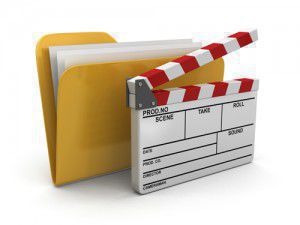
So often when we watch a film or read a book, we take for granted that the characters are just called whatever they’re called, without considering why. So here are a few more examples – some of which may be surprising, but all of which I hope will be interesting.
Disney
The Lion King isn’t the only Disney film to give its characters significant names. In Beauty and the Beast, perhaps most obviously, the heroine’s name, Belle, means ‘beautiful’ in French. But many of the other characters resemble their names somehow, like Mrs Potts (the teapot), Cogsworth (the clock) and everyone’s favourite candelabra, Lumière, which means ‘light’.
In Sleeping Beauty, the name of the villain Maleficent comes from the Latin ‘maleficus’, meaning ‘wicked, prone to evil’. Seems appropriate. And on a similar theme, Cruella DeVille from 101 Dalmatians is pretty self-explanatory.
The Jungle Book
I think Rudyard Kipling would object to me listing this under Disney, although that might be where many people know The Jungle Book from. Shere Khan translates roughly as ‘Tiger King‘ (‘shir’ is ‘tiger’ – or ‘lion’ – in Persian, Punjabi and Hindi, while ‘khan’ is ‘king’ in many languages). ‘Bhalu’ (Baloo) means ‘bear’ in Hindi, and the ‘bagh’ in ‘Bagheera’ means ‘tiger’ – which is slightly confusing since Bagheera’s a panther.
Lord of the Rings
In J.R.R. Tolkien’s trilogy, the character Frodo Baggins gets his first name from the Old English word ‘fród‘, which means ‘wise by experience’.
Game of Thrones
The character names in George R.R. Martin’s books, and the accompanying TV series, for the most part seem to be modern names with a slight twist (Robb, Jaime, Eddard), but there is one character whose name has a deeper meaning – Bran Stark, whose first name is Irish for ‘raven‘. Fans of the series will know about the three-eyed raven, who plays a significant role in Bran’s story from the start.
Star Trek
I’m not much of a Star Trek fan myself, but I have it on good authority that Nyota Uhura’s name means ‘Star Freedom’ in Swahili.
Harry Potter
Many of the characters in J.K. Rowling’s best-selling series have names that mean something, most often in French or Latin. Voldemort (I’m not scared to say it!) means ‘flight from death’, which is very appropriate for a character whose main goal is immortality.
Meanwhile, the Malfoys’ surname means ‘bad faith’ in French, and perhaps the best known, because his name is a spoiler in itself – Remus Lupin, whose surname comes from ‘lupus’, which is Latin for ‘wolf’. His first name is also a reference to the story of Romulus and Remus, who were raised by wolves.
Star Wars
Speaking of spoilers – according to George Lucas, ‘Darth’ is a variation of ‘dark’ and ‘Vader’ is Dutch for ‘father’. So I guess the Dutch probably saw the big twist coming a mile off.
The Hunger Games
We’re told that Katniss Everdeen, the main character in Suzanne Collins’ books, was named for a plant, but there’s a bit more to it than that. The katniss plant is also known as ‘arrowhead’ and comes from the genus Sagittaria. Sagittarius – the archer. Katniss is pretty good with a bow and arrow. See how we got there?
So next time you’re enjoying your favourite movie or book, have a think about the character names, because they may have been the result of hours of debate!
Has anyone got any more examples?
Liz
Easter celebrations around the world
Here in the UK, this weekend is Easter weekend. Many people will be marking the occasion by attending church services on Good Friday and Easter Sunday, while a more commercial tradition is to exchange chocolate eggs as gifts. Easter is a religious holiday, marking for many people around the world the death and resurrection of Jesus, but it also represents new life, falling as it does in spring time, and is often symbolised by young animals, like lambs and chicks.
We decided to have a look at some Easter traditions around the world, to see how other countries mark this holiday. Here are just a few:
Brazil
Mardi Gras (which means ‘Fat Tuesday’) takes place in Rio de Janeiro on Shrove Tuesday and marks the start of Lent. The streets are filled with large processions of people in brightly coloured, exotic costumes, marching, singing and dancing.
Another Brazilian tradition is to create straw dolls to represent Judas Iscariot, then destroy them in the street.
France
 Church bells are silent as a sign of mourning from Maundy Thursday until Easter Sunday. Sometimes children are told the bells (known as ‘cloches volants’ or ‘flying bells’) have gone to see the Pope and will return with Easter eggs.
Church bells are silent as a sign of mourning from Maundy Thursday until Easter Sunday. Sometimes children are told the bells (known as ‘cloches volants’ or ‘flying bells’) have gone to see the Pope and will return with Easter eggs.
In parts of southwest France, a giant omelette is made on Easter Monday. The dish can feed 1,000 people.
Ethiopia
During Lent in Ethiopia, Christians don’t eat or buy any animal products like meat, eggs, butter, milk, yogurt, cream and cheese.
The first Easter day service starts at 8 p.m. on Easter Saturday and lasts until 3 a.m. on Easter Sunday.
After the service, people will return to their homes and have a breakfast of ‘dabo’ sourdough bread to celebrate the end of Lent. Traditionally, the bread is cut by a priest or the head man in the family.
Czech Republic and Slovakia
As part of an Easter tradition, women and girls are beaten with decorated hand made whips on Easter Sunday. But despite what you might think, this is actually a good thing; the whipping is thought to make women more healthy and beautiful, and girls who don’t get whipped are often quite offended!
Chios (Greek Island)
In the village of Vrondados, the annual ‘war of rockets’ is staged between two churches, Agios Marcos and Erithiani. Residents spend all year preparing thousands of firework rockets and on the evening of Easter Saturday, the rockets are fired between the two churches for hours.
The custom goes back many years, and although there are plenty of stories, no one is quite sure how the tradition began.
Spain
Many towns and cities in Spain celebrate Semana Santa (Holy Week) with processions through the streets at night. Floats called ‘tronos’ are carried through the streets. Each float bears huge decorated figures representing part of the Easter story. It takes 40-50 people to carry each trono on their shoulders and processions can last between 4-5 hours.
In Murcia, a trono telling the story of the Last Supper has real food on the table. On Easter Sunday, the 26 men who have carried the table in the procession sit down and eat the food.
Please share your own Easter traditions in the comments. And whether you celebrate Easter or not, we hope you have a great weekend.
Seb
